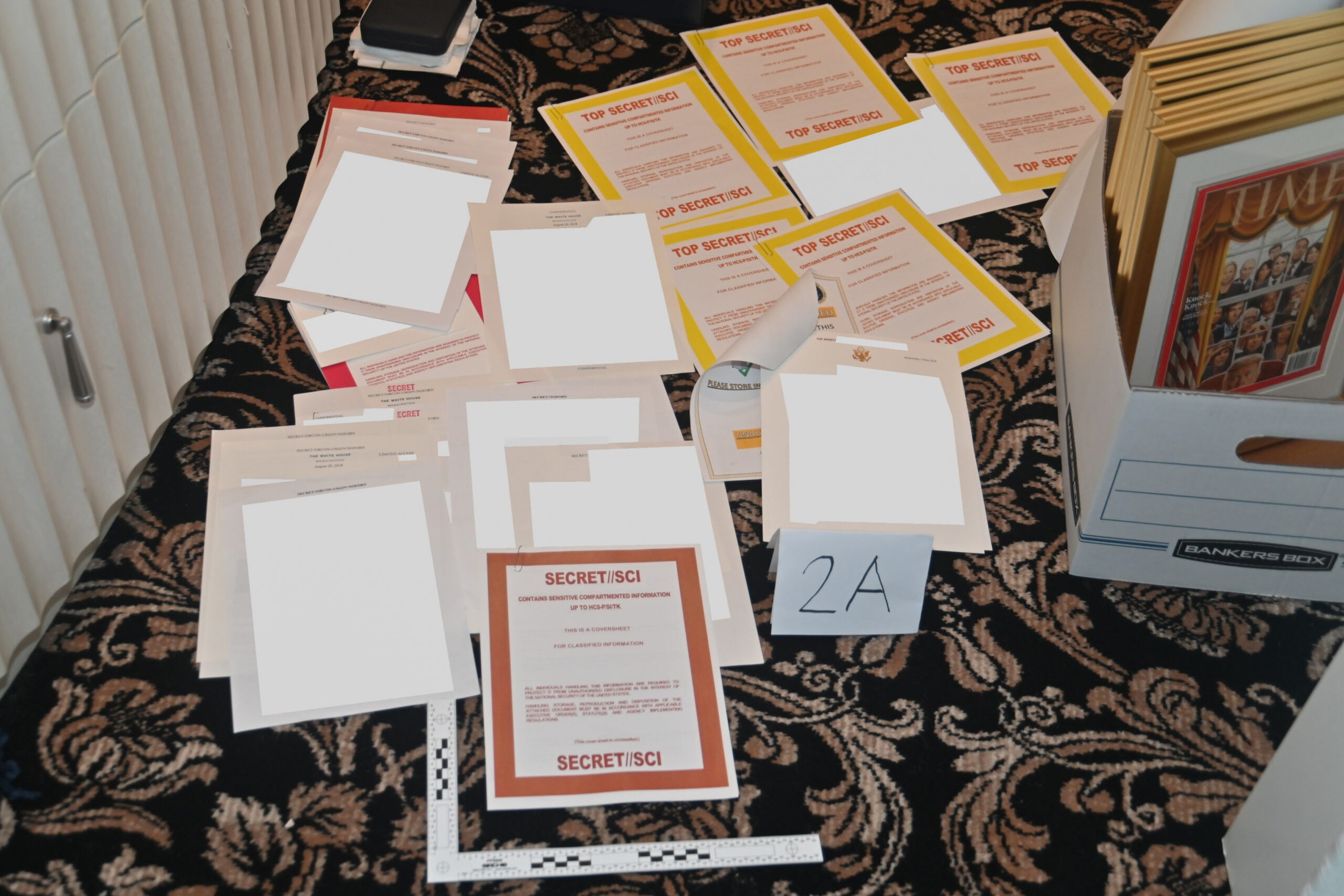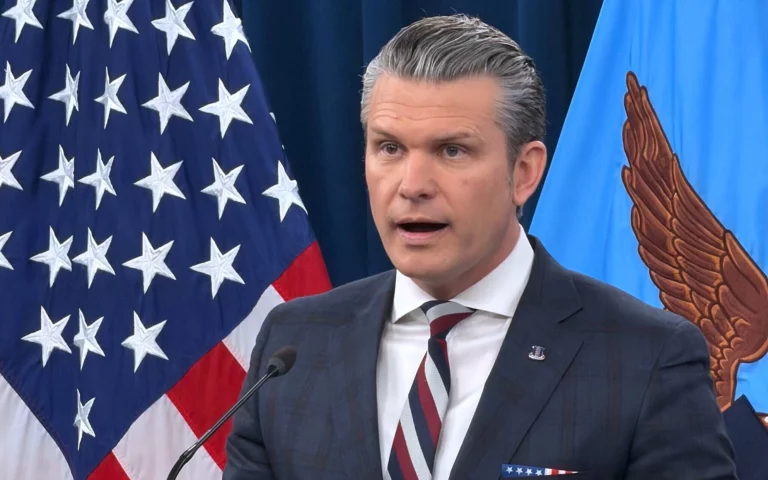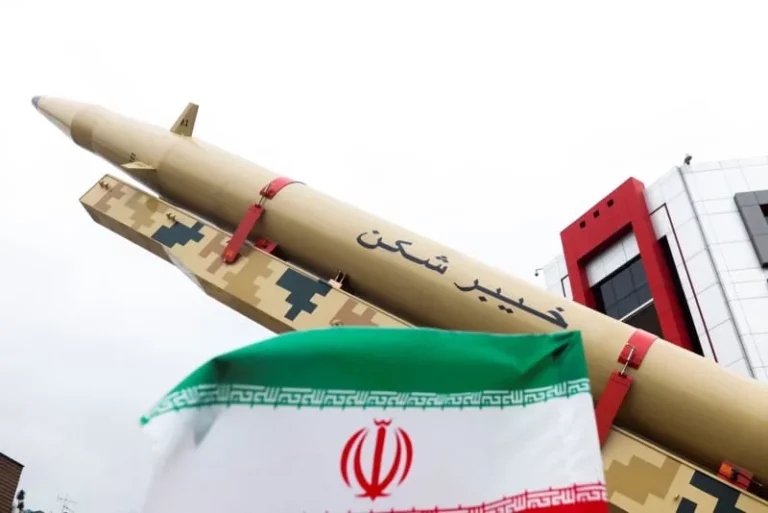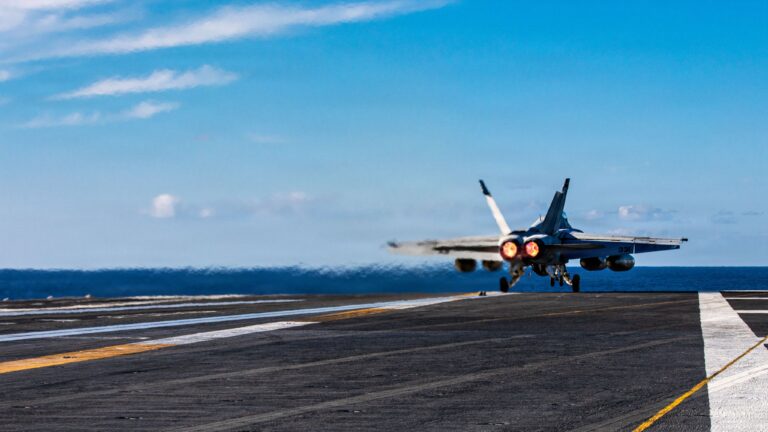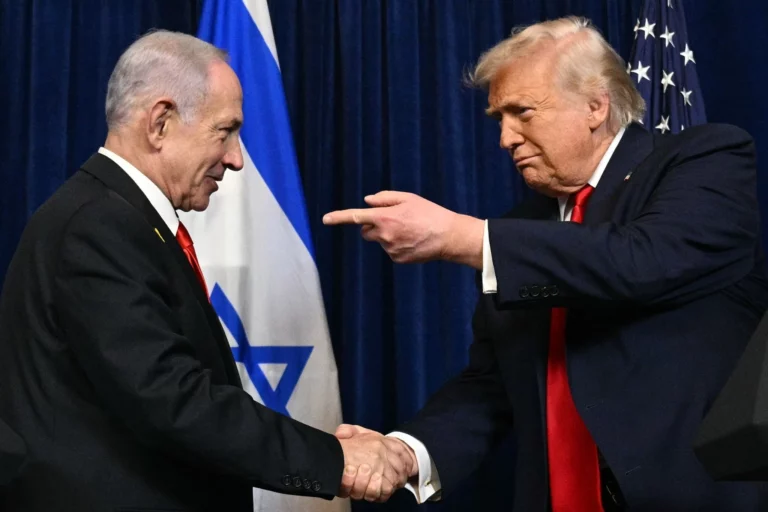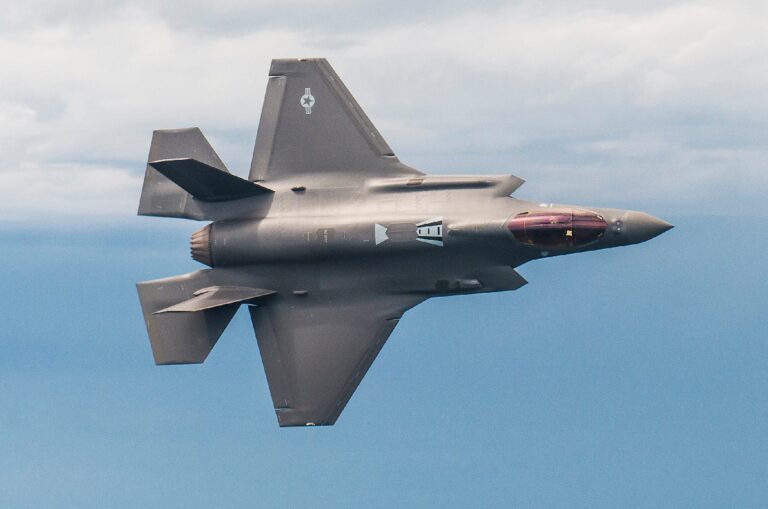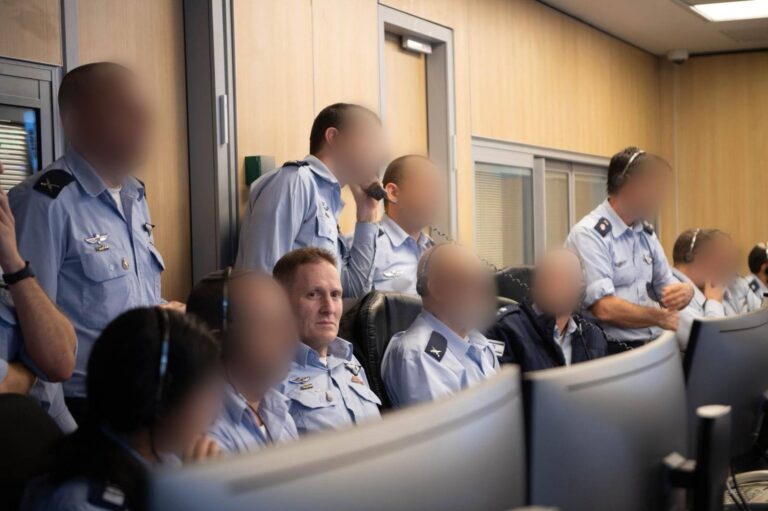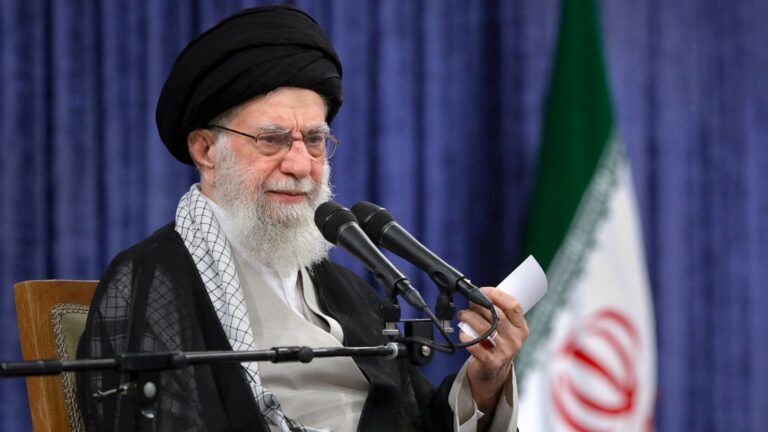The classified documents indictment of Donald Trump would seem, on paper at least, to be the most straightforward of the four criminal cases the former president is facing.
Reams of classified files were stashed in Trump’s office and storage room and he boastfully showed off to guests one such document he acknowledged was “secret,” federal prosecutors have alleged. His own lawyer is quoted in the indictment as saying Trump encouraged him to mislead investigators who demanded the documents back, and prosecutors have since secured the cooperation of a Mar-a-Lago staffer who says the ex-president asked about deleting surveillance footage at the Palm Beach property.
But that doesn’t make the path to conviction easy, particularly with the case set for trial in a Florida courthouse expected to draw its jury pool from a conservative-leaning region of the state that supported Trump in the 2020 election. Those built-in demographics may be a challenge for prosecutors despite the evidence at their disposal, underscoring the impossibility of untangling the law from politics in an election-year trial involving a former president who is seeking to return to the White House.
“The more conservative the counties, the highest chance he has to find jurors that would be sympathetic with him,” said Richard Kibbey, a criminal defense attorney in Stuart, Florida, part of the Fort Pierce district where the jury pool is expected to be taken from.
When it comes to finding truly impartial jurors, he added, “It’s going to be very difficult given the political climate across the country. Jurors will bring their own biases into the court room.”
Unless the trial location is moved or its date pushed back, it will take place starting next May in Fort Pierce before U.S. District Judge Aileen Cannon, a Trump appointee who drew scrutiny last year for granting a Trump team request to appoint an independent arbiter to review the classified documents seized from Mar-a-Lago. That decision was reversed by a unanimous three-judge appeals panel.
For months, a grand jury in Washington had been hearing testimony in the case, leading to expectations that any charges against Trump would be brought there. Instead, the indictment wound up being filed in the Southern District of Florida, enabling special counsel Jack Smith’s team to avoid any protracted fights with Trump’s lawyers over the appropriate venue for the case but creating the potential for a less desirable jury pool, at least politically.
The jury selection process is meant to weed out personal or partisan bias that could taint the case, with jurors instructed to make decisions solely on the basis of the evidence they hear. But in a federal court system where convictions overwhelmingly outnumber acquittals, defense lawyers — and prosecutors, for that matter — could nonetheless look to jury selection as a way to elicit an edge.
“Picking a jury is an art. It’s not a science. And whether you’re a prosecutor or a defense attorney, you use everything in your arsenal to seat the best jury you can get for your case,” said Michael Sherwin, a former federal prosecutor in Miami who served during the Trump administration as acting U.S. Attorney in Washington.
“You want to ensure that you have the best people in that jury box that are going to be receptive to your message. So from that perspective, if I’m DOJ, I’d much rather have a Miami jury pool than a Fort Pierce jury pool,” he added.
Given its sprawling geographic size, the district has five courthouses — in Key West, Miami, Fort Lauderdale, West Palm Beach and Fort Pierce. The indictment itself was filed in West Palm, the city with the closest courthouse to Mar-a-Lago.
It was then randomly assigned to Cannon, who despite sitting in Fort Pierce also hears cases in West Palm, the clerk’s office said in an email to The Associated Press.
But such a blockbuster trial, with a deluge of media, could test the resources of a courthouse and region far less accustomed to headline-generating events than is, for instance, Miami.
“The bigger issue is going to become, can the Fort Pierce courtroom handle this case? And if it can’t, where are they going to send it?” said David Weinstein, a Florida lawyer and former federal prosecutor. “And if they send it to Miami, how are they going to get the jurors there because technically it’s not a Miami case.”
Jurors for Fort Pierce trials are drawn from five counties, according to the written jury plan for the Southern District of Florida: St. Lucie, Martin, Indian River, Okeechobee and Highlands.
Trump won each of those counties. His victory margin was particularly wide in Okeechobee, where he won with 71.8% of the votes. In St. Lucie, home to Fort Pierce, he won by only 50.4%, but Republicans have continued to gain ground there, and Florida Gov. Ron DeSantis was reelected last year with more than 59% of the vote there.
That dynamic stands apart from the more heavily Democratic cities — New York, Washington and Atlanta — where Trump also faces charges. Trump lawyers tried unsuccessfully to force the recusal of the judge in the New York case and have turned to the same tactic in Washington, saying that judge, Tanya Chutkan, has made public comments that cast doubt on her ability to be fair. The request is pending.
Lawyers in the Washington case have attacked the indictment as novel and laden with complicated constitutional questions, suggesting they’ll invoke arguments involving the First Amendment and presidential immunity. The Florida defense team, which was reorganized after the indictment, has not publicly detailed its defenses yet.
But despite the importance of jury selection and the fact that both sides will look to jury selection to pick the best possible panel for their respective cases, the outcome may still come down to which team has the best evidence and arguments.
“It’s a high-profile defendant, but I suspect that when push comes to shove, most people don’t make all of their important decisions based on politics,” said Richard Serafini, a Florida defense lawyer and former Justice Department official.
(AP)

